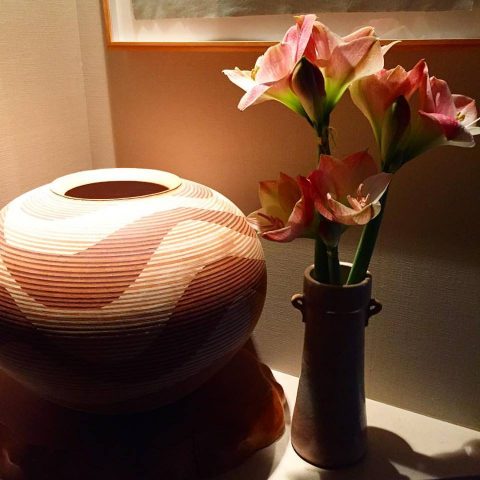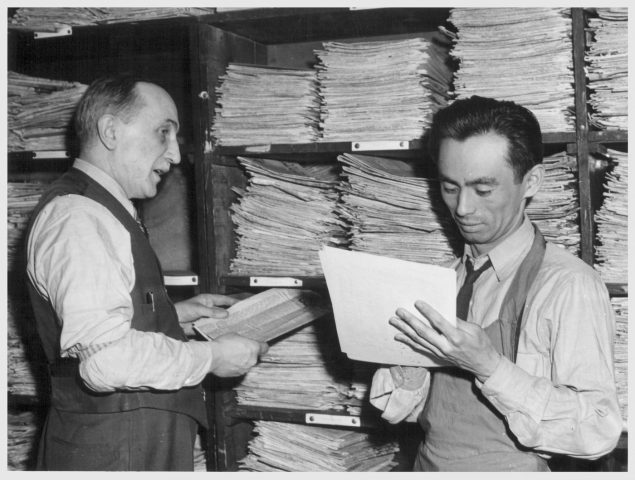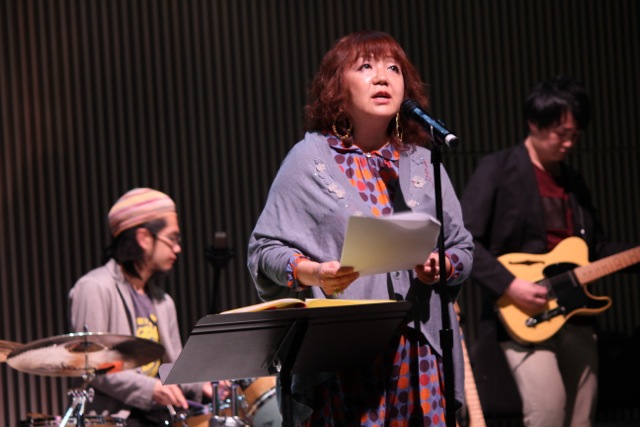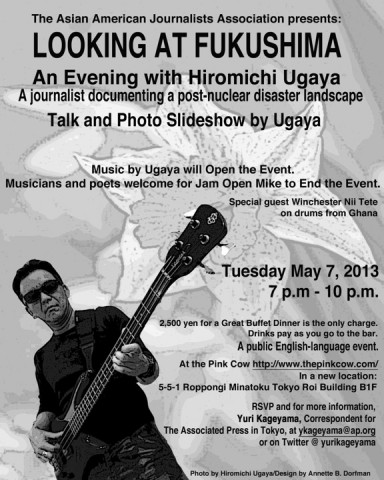AN ELEGY FOR JOURNALISM
_ a poem by Yuri Kageyama
Stories killed, stories buried,
Stories untold, stories denied,
Robert and Dori Maynard
Woodward and Bernstein
Margaret Bourke-White
Howard Imazeki
Gary Webb
Robert Capa
Anja Niedringhaus
Gerald Vizenor
Gwen Ifill
Joe Oyama
Gordon Parks
Do we write to live or live to write?
Do we write to remember or do we write to forget?
Do we write to remember or do we write to be remembered?
Do we write so we don’t kill or do we write so we don’t kill ourselves?
Do we make movies to live or live to make movies?
Do we make music to live or live to make music?
Do we write to live or live to write?
Do we live?
Do we live?
Do we live?
The poem is a part of my performance piece “NEWS FROM FUKUSHIMA: Meditation on an Under-Reported Catastrophe by a Poet,” directed by Carla Blank, presented at ZSpace in San Francisco last year, debuting in an earlier version, without this poem, at LaMaMa in New York in 2015. This version combines what I wrote several weeks ago with what I wrote several years ago. I like this what this poem has become.



